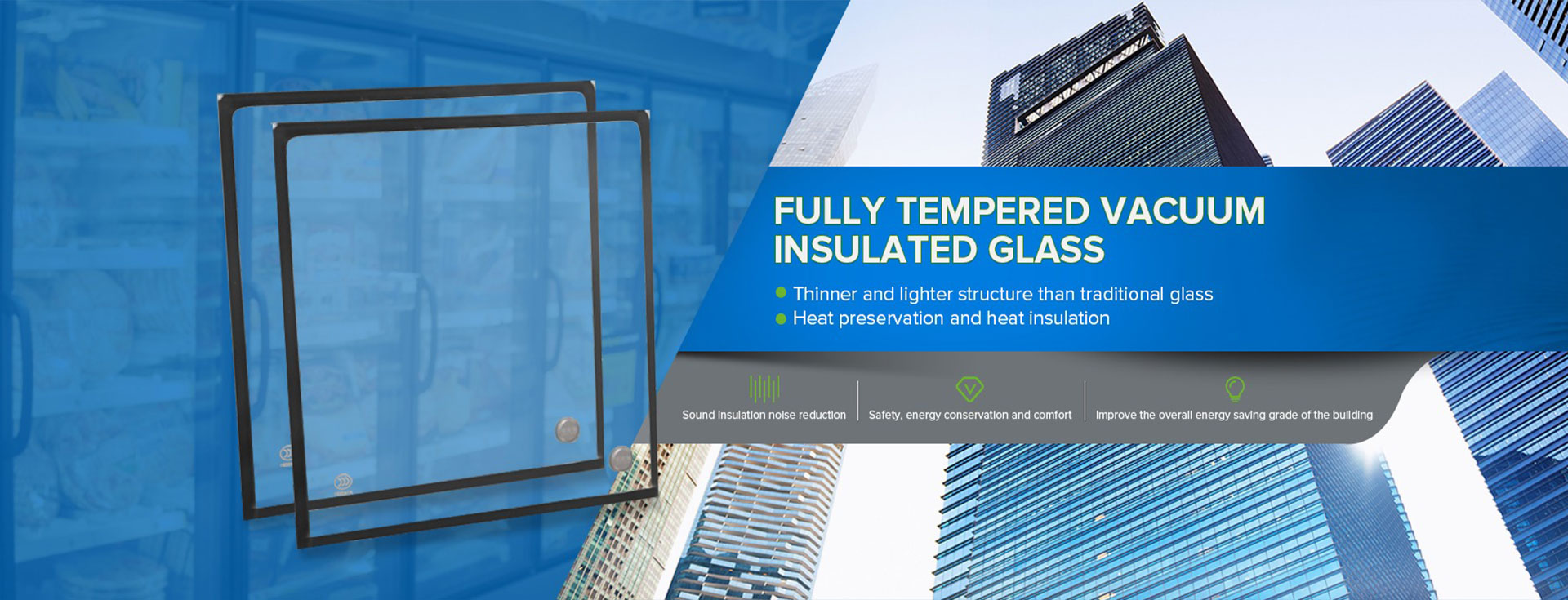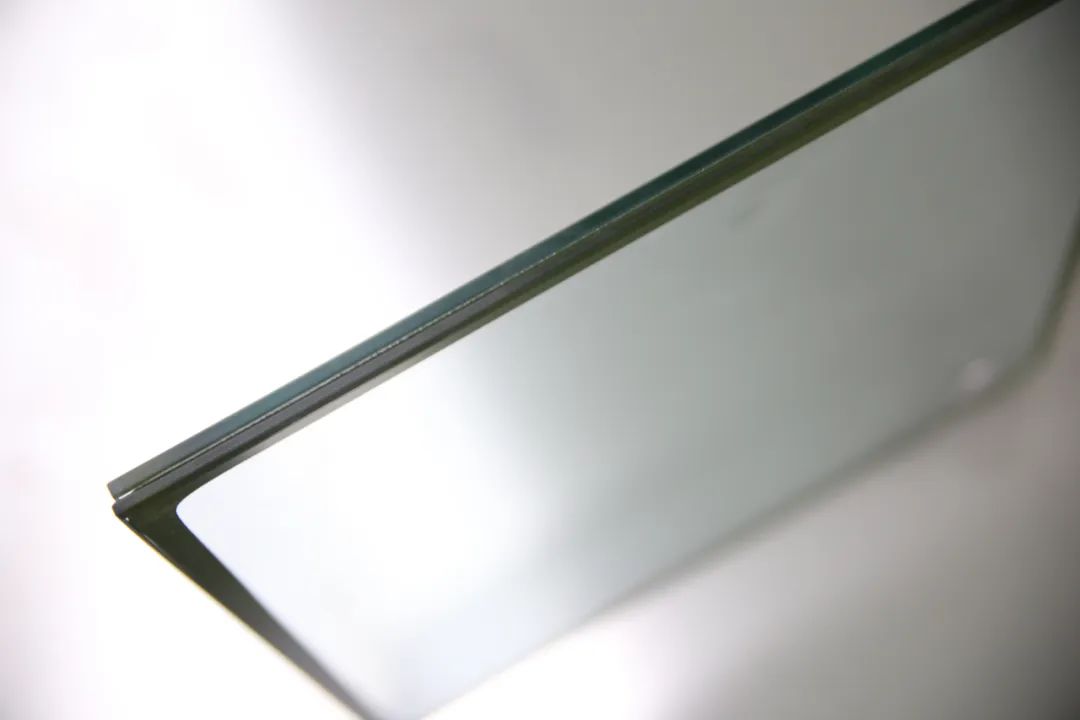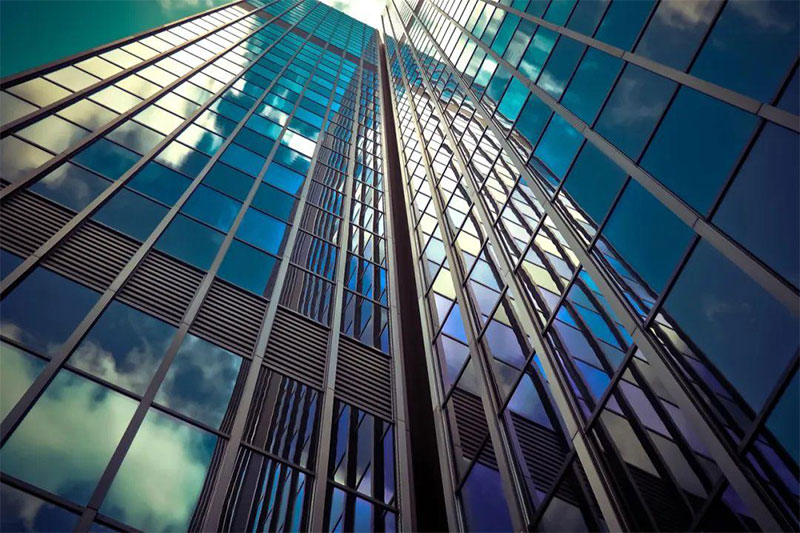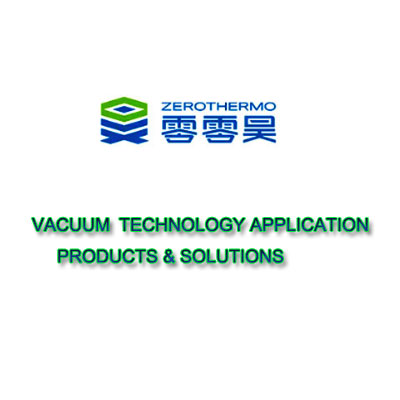As concerns about energy efficiency and sustainable building practices grow, the use of vacuum insulated glass (VIG) is becoming increasingly popular in construction.Vacuum insulated glass is a high-performance glazing technology that offers many benefits over traditional glass products, making it an excellent choice for a variety of building applications.Vacuum insulated glass is a high performance glazing technology that offers many benefits over traditional glass products. From energy efficiency and noise reduction to improved comfort levels and reduced condensation. VIG windows provide a range of benefits for builders and property owners. As concerns about sustainability continue to grow, the use of vacuum insulated glass in buildings is likely to become even more popular in the years ahead.

What is Vacuum Insulated Glass?
Vacuum insulated glass, also known as VIG, is a type of double-glazed window that uses a vacuum between the panes instead of air or an inert gas. The vacuum creates a barrier that significantly reduces heat transfer between the inside and outside of a building.
How Does Vacuum Insulated Glass Work?
The concept behind vacuum insulated glass is relatively simple. By removing all the air molecules between the glass layers, the glass becomes an effective insulator. Without any gas molecules present, heat transfer through convection is eliminated, leaving only conduction and radiation to transfer heat.
Benefits of Vacuum Insulated Glass
Energy Efficiency
One of the most significant benefits of vacuum insulated glass is its energy efficiency. The vacuum layer between the panes of glass reduces the amount of heat that can pass through, reducing heating and cooling costs for a building. By preventing heat loss during the winter and heat gain during the summer, vacuum insulated glass can significantly reduce a building's energy usage.
Noise Reduction
Vacuum insulated glass is also an excellent sound insulator. The vacuum layer between the panes of glass acts as a barrier to sound waves, reducing noise pollution from outside sources. This makes it an ideal choice for buildings located in noisy areas, such as airports or busy city centers.

Improved Comfort
By reducing heat transfer, vacuum insulated glass also improves the comfort levels of a building's occupants. Rooms with VIG windows stay warmer in the winter and cooler in the summer, providing a more comfortable living or working environment. This can also result in fewer drafts and hot spots, which can be a common problem with traditional windows.
Increased Sustainability
The use of vacuum insulated glass in buildings can also contribute to overall sustainability efforts. By reducing energy usage, VIG windows can help lower greenhouse gas emissions and reduce a building's carbon footprint. This makes them an ideal choice for environmentally-conscious builders and property owners.

Reduced Condensation
Vacuum insulated glass also reduces the amount of condensation that can occur on windows. This is because the temperature of the inner pane of glass stays closer to the room temperature, reducing the likelihood of moisture forming on the glass.

Zerothermo focus on vacuum technology for more than 20 years, main products: vacuum insulation panels, vacuum insulated glass, high temperature nano microporous panels, flexible insulation blanket mat. Zerothermo is committed to quality, innovation, and customer satisfaction makes them a trusted partner for businesses looking for reliable and efficient thermal solutions.
Sale Manager: Mike Xu
Phone :+86 13378245612/13880795380
E-mail:mike@zerothermo.com
Website:https://www.zerothermovip.com
Post time: Mar-02-2023




